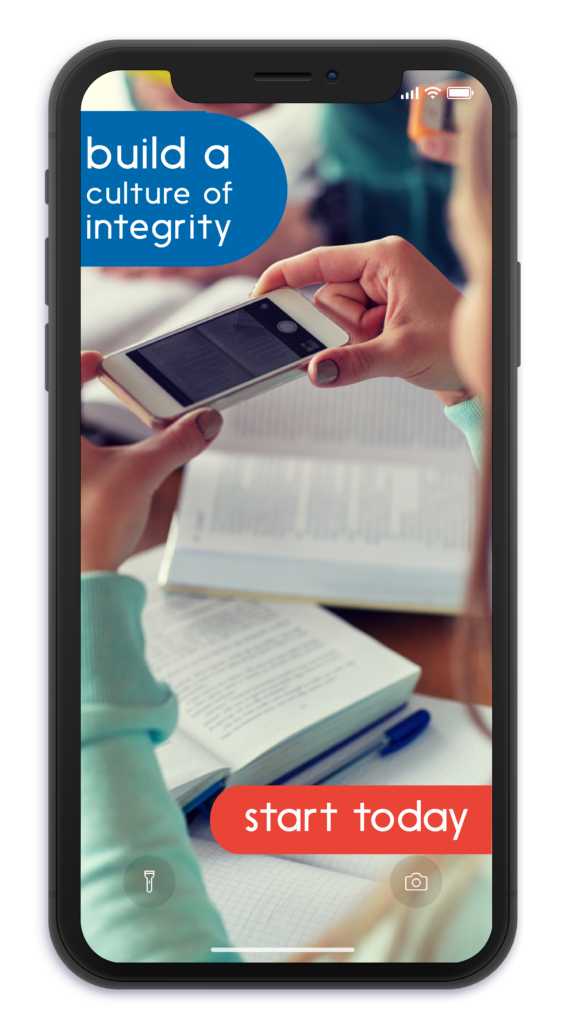Building a culture of academic integrity
Technology has brought benefits to the classroom, as well as drawbacks. Higher education faculty and administrators have raised concerns that cheating is easier than ever before due to the Internet. Fortunately, there are proven methods and new digital tools that help detect and discourage cheating, and more specifically, plagiarism.
Academic dishonesty comes in all shapes and forms, from buying papers off the internet, to copying someone else’s work or cheating in an exam. The ugly truth is that cheating is usually directly linked to the stressful, competitive environment of higher education. It happens everywhere from TVET colleges to other higher institutions such as universities. No academic institution is immune to dishonesty.
The battle to eliminate cheating is often a losing one, but instead of working to eliminate cheating, learning institutions should rather focus their efforts on building cultures of integrity. This encourages a natural inclination for honesty and creates opportunities to learn from dishonest or cheating incidents. According to Gary Pavela, an authority on academic ethics, students will most likely be an institution’s biggest ally when it comes to building a culture of academic integrity.
But how does one build this culture of integrity, despite the ease of access to tools that facilitate cheating?
Get in touch with us for a white paper that will help you in practical ways to encourage this culture of academic integrity.
Get in touch

